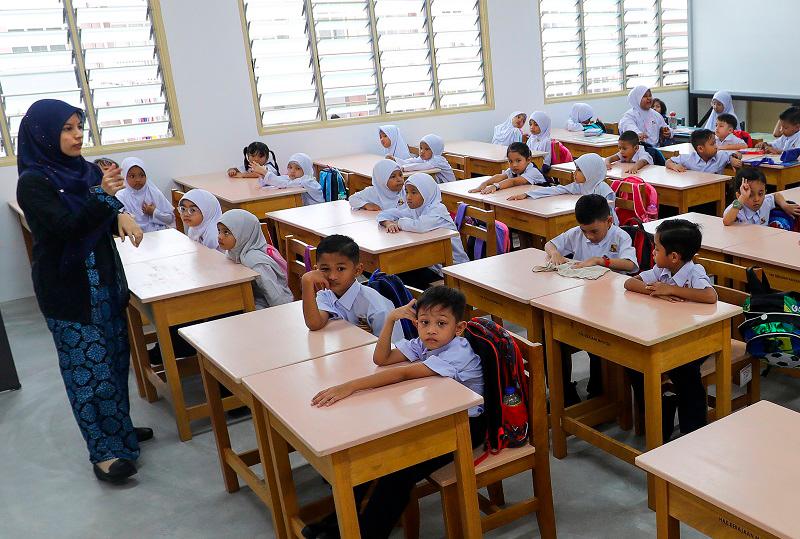PETALING JAYA: The government’s plan to introduce Asean languages such as Thai, Khmer and Vietnamese in schools has drawn the ire of education stakeholders, who warn that it risks derailing more pressing academic goals.
Parent Action Group for Education Malaysia (PAGE) founder Datin Noor Azimah Abdul Rahim questioned the relevance of the move, cautioning that Malaysia could be “spreading itself too thin” without first reinforcing core subjects such as English, Bahasa Malaysia (BM), Mandarin, Science and Mathematics.
“We shouldn’t bite off more than we can chew. Asean may be the buzzword of the day, but the education minister must remember that the official language of Asean has always been English.”
She said rather than Malaysia teaching regional languages, countries like Thailand, Vietnam and Cambodia should focus on improving their own English language standards.
“Vietnam is already ahead of us in English, with Thailand close behind. As for Cambodia, it has its own educational hurdles to address.”
Azimah said the government’s priorities seem out of sync with what most parents want.
“Parents are more concerned with boosting literacy, numeracy and proficiency in English, BM and Mandarin, particularly in Science and Maths.”
She also criticised the excessive focus on BM and religious subjects, which she said had pushed English and Mandarin to the sidelines.
“The ministry has failed parents. It should be investing in impactful programmes such as the Dual Language Programme (DLP) which allows students to study Science and Maths in English.”
She suggested reallocating the Asean language budget to strengthen BM proficiency among students excluded from DLP.
“Once their BM improves, they can be reassessed, and their (command of) English will benefit too.”
Azimah dismissed the practicality of rolling out Asean languages at scale, adding that schools are already stretched.
“Let’s not even go there. Focus on English and Mandarin,” she said, describing the policy as a political gimmick that piles unnecessary pressure on students.
“It’s purely symbolic and doesn’t involve our children, who already have enough on their plates. Stay focused on existing priorities – deepen and elevate them, or risk being a ‘Jack of all trades, master of none’.”
Meanwhile, former university lecturer Dr
Sharifah Munirah Alatas said the policy lacks coherence, and risks becoming another short-lived initiative that sidesteps the deeper issues in the education system.
“My main question is: What’s the logic? Are our children even truly bilingual yet?” she said in a post on her Facebook page.
Munirah said while exposure to regional languages may sound appealing, it is necessary to first build a solid foundation in BM and English.
“Why not master English first? Channel all resources into developing a truly bilingual generation.”
She also raised doubts over teacher quality and preparedness, asking whether there has been any proper planning.
“When politicians introduce new languages, don’t we need competent teachers?” she said, while calling for better integration with teacher training.
Munirah criticised the absence of evidence-based policymaking, urging the government to draw on existing data as well as consult universities, think tanks and the public.
“But is there political will?”
Pointing to the now-suspended PPSMI (Teaching of Science and Maths in English) policy, she said students have long suffered from inconsistent reforms.
“Instead of flashy policies like Asean language electives, publish solid research on how falling school standards impact university outcomes.
“Ideas such as Asean languages may look good, but do they really build a more competitive, united and forward-thinking Malaysia?”
In response, Education Minister Fadhlina Sidek clarified yesterday that the introduction of Asean languages will not sideline existing subjects as they would only be offerred as electives.
She urged the public not to politicise the move, adding that foreign languages have long been part of Malaysia’s elective curriculum, with core languages such as BM, Mandarin
and Tamil.









